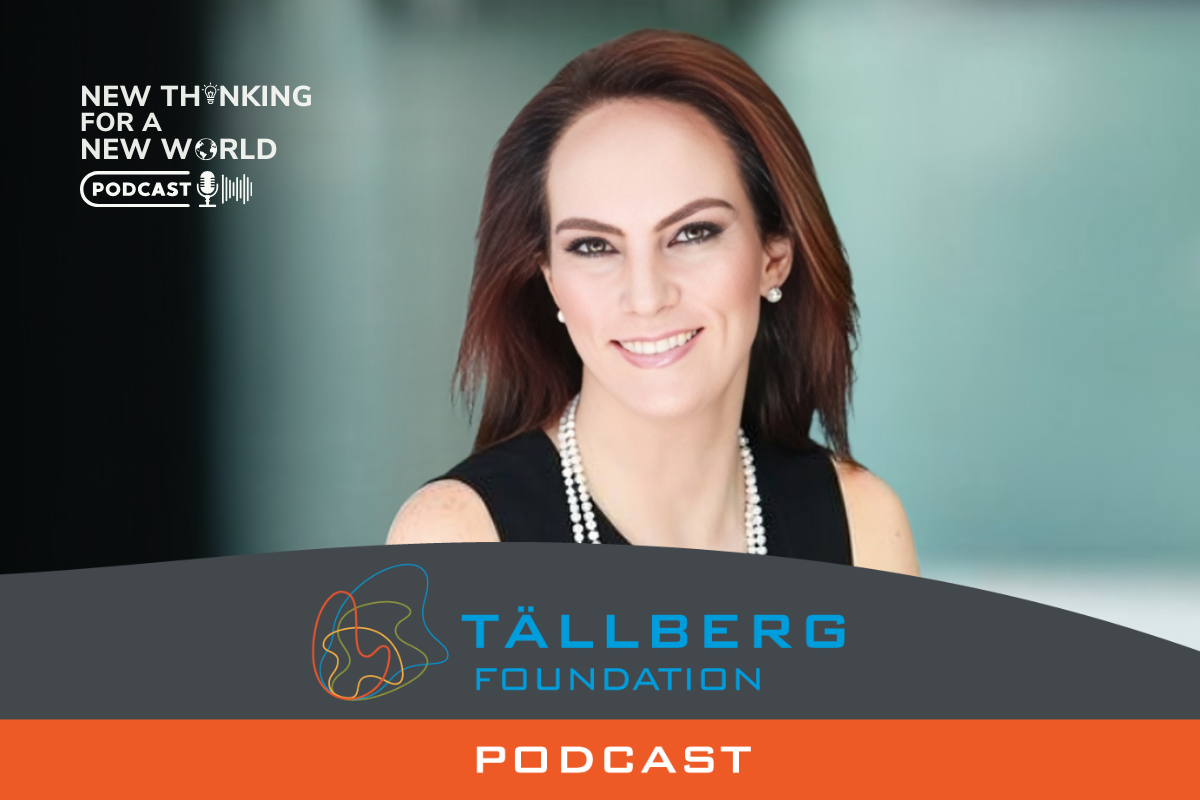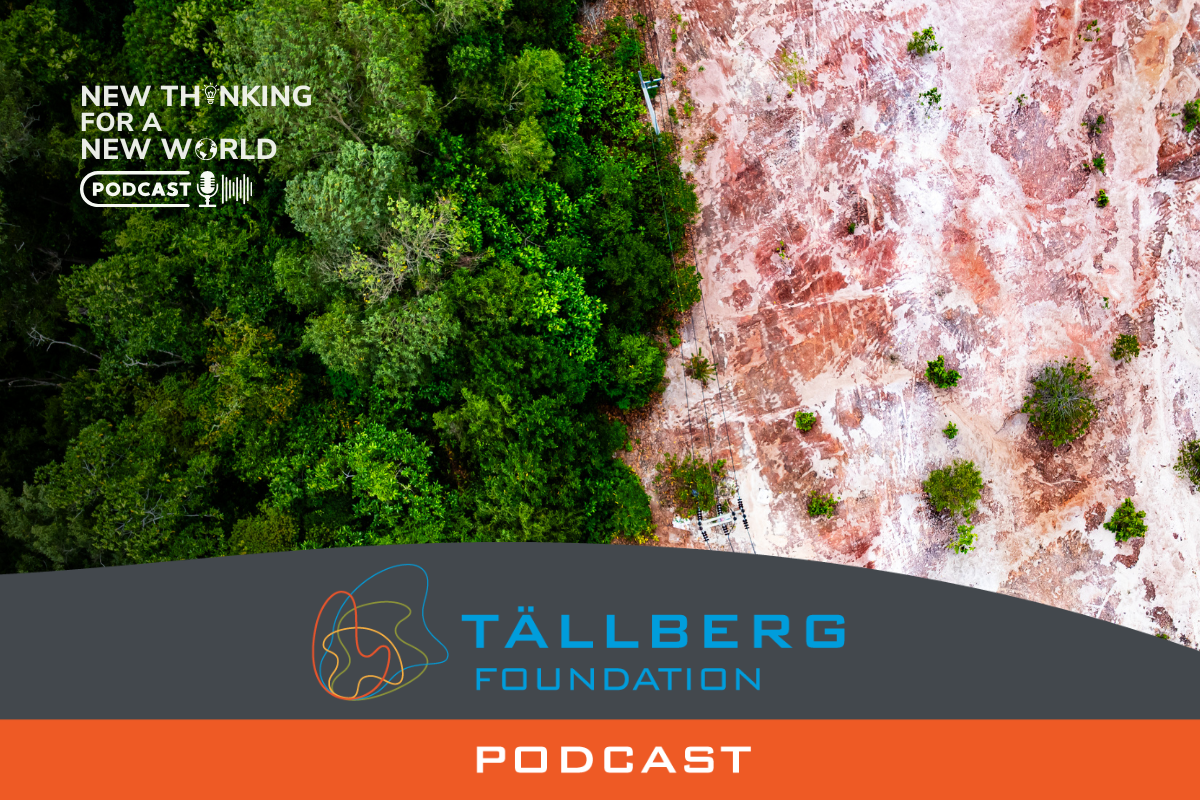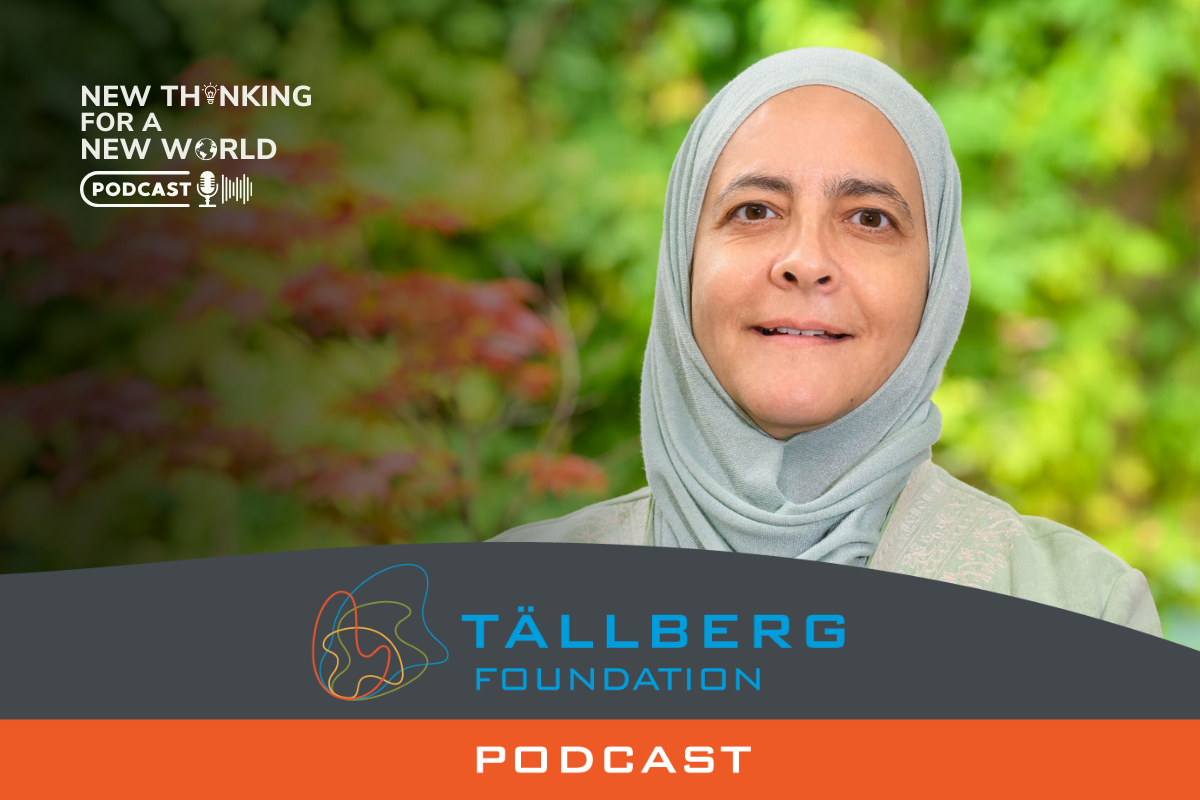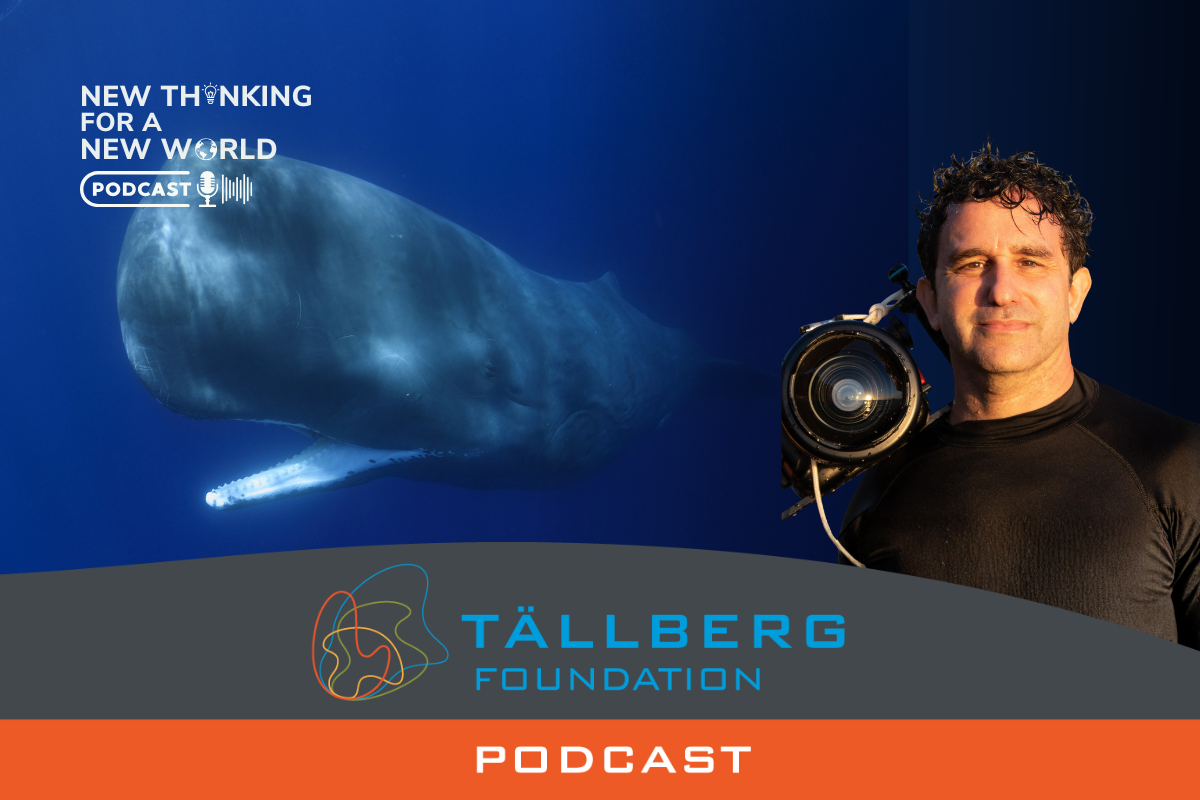Thirty years ago, the United Nations challenged the political leaders of the world to do something about global warming. The politicians responded as politicians always do: they convened meeting after meeting, talked endlessly and—of course—agreed to keep on meeting. Rinse and repeat, year after year, even as the warming and its impacts became more obvious and more consequential.
Why? Effective global governance is largely a joke in a world organized around nation-states and characterized by dramatic inequality of power and by great power tension. Sweeping, top-down proposed solutions to global challenges inevitably fail. Sadly, there is no reason to expect a different outcome from the upcoming COP 30 in Belém, Brazil…but the beat goes on.
Like frogs in slowly boiling water, are we condemned to a future of cascading ecological disasters? Is there a better approach?
Linwood Pendleton, founding executive director of the Ocean Knowledge Network, thinks there might be. Although he has spent more than his share of time trying to make the global system produce better outcomes, he is increasingly persuaded that the better possibilities come from indigenous knowledge, wisdom, and science. There are solutions, he insists; we are just looking for them in the wrong places.
***
You can also find the New Thinking for a New World on your preferred platform, including Apple, Spotify, and YouTube.
ABOUT OUR GUEST
Linwood Pendleton is a researcher at the University of Western Brittany. He connects ocean professionals and Indigenous academics around the world. He is the Global Coordinator of the Ocean Knowledge Action Network (a global network of ocean professionals), the Science Director of the Moonjelly Foundation (focused on knowledge sharing among Indigenous academics), and holds the International Chair of Excellence at the European Institute for Marine Studies. He served on the Executive Planning Committee and the Interim Advisory Board for the UN Decade of Ocean Science for Sustainable Development and now serves on the Advisory Board of the UN Decade on Ecosystem Restoration. He was the Senior Vice-President for Science at the Centre for the 4th Industrial Revolution: Ocean, Global Lead for Ocean Science at the Worldwide Fund for Nature, and Acting Chief Economist for the U.S. National Oceanic and Atmospheric Administration. When he is not in the field, he is probably at home in coastal Brittany, France, where he and his family are in the midst of restoring an old, stone auberge.




0 Comments